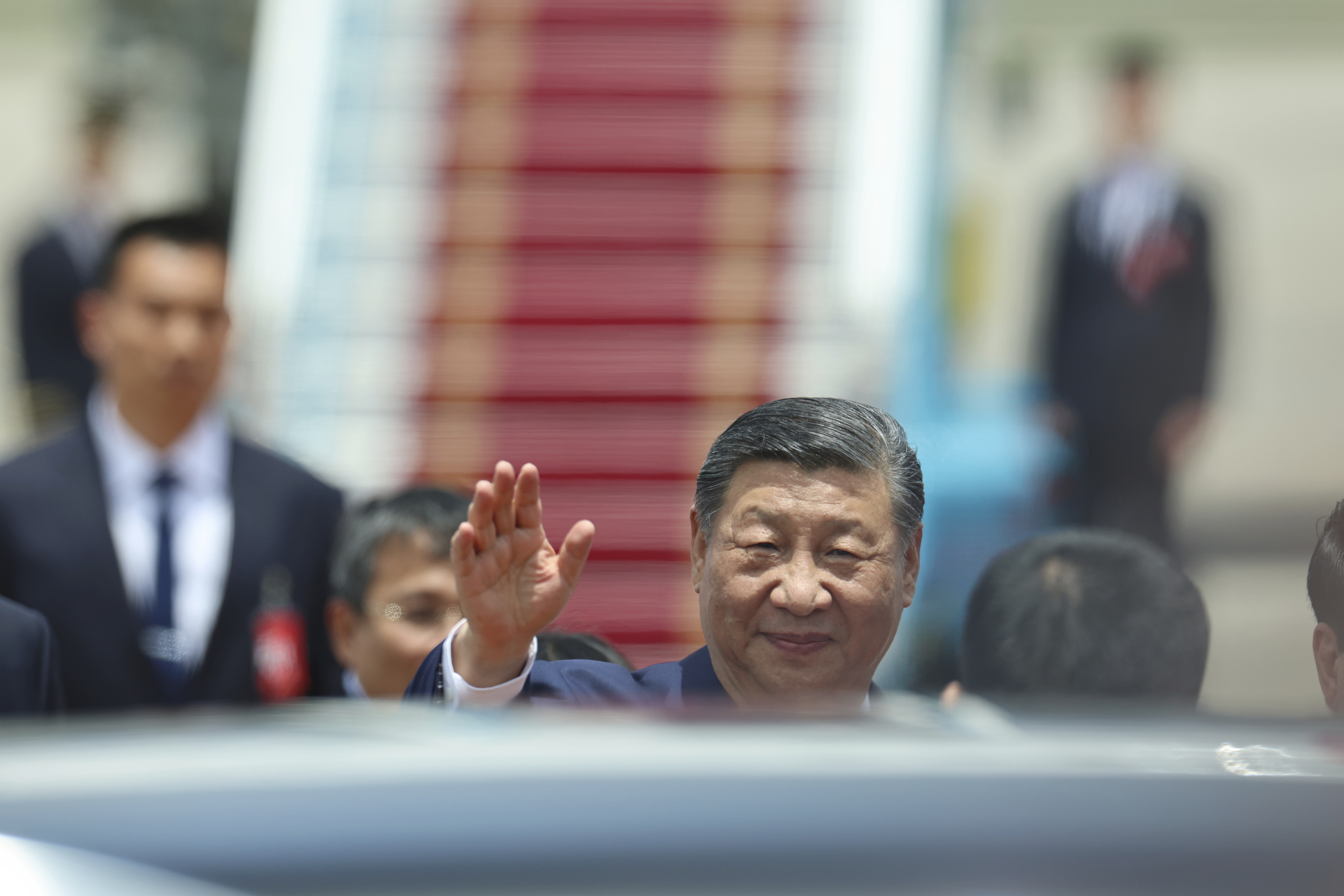Not long ago, anything from the United States entering China, whether it was sneakers or the latest trendy video game, was considered infinitely better than local products. Lily Kuo, one of the veteran correspondents in China, now at the Washington Post, recounts that in the 1990s, many weddings were held at a McDonald's near Tiananmen Square in Beijing. She also mentions that well into the 2000s, the upper-middle class boasted about their success by taking photos while eating at Pizza Hut.
That American dream faded away in the last decade, as many Chinese began to realize that their country, which had developed incredibly rapidly, surpassed the idolized superpower in many aspects. A nationalist sentiment surged during the early stage of Donald Trump's presidency, when state media boasted about China's rise against the decline of the US and the fall of the Western-dominated world order.
The great allure of Washington had largely been lost on Chinese society. Young people no longer wanted to cross the pond and preferred to stay home to continue their studies. Moreover, an increasing number of renowned Chinese scientists with successful careers in the US were returning to their country.
"The US, which has always proclaimed itself as the beacon of democracy, has lost its soft power advantage in China. It's like a gift box beautifully wrapped, but when opened, it's falling apart inside," pointed out one of Beijing's leading analysts, Lu Xiang, a researcher at the Chinese Academy of Social Sciences.
With Trump's return to the White House and his destructive new trade war, the most important relationships in the world right now, those of the first and second world powers, are going through a critical moment. So much so that this week, in addition to a continuous exchange of tariff blows, and Beijing also retaliating by blacklisting US companies and reducing the number of Hollywood movies entering the national box office each year, Chinese authorities issued two warnings to their citizens about the risks of traveling to the US.
"Due to the deterioration of trade relations and the internal security situation in the US, the Ministry of Culture and Tourism reminds Chinese tourists to fully assess the risks of traveling to the United States at this time," the statement read.
The "No Fraternization" Policy
From Washington, there has been no alert issued regarding travel to China, but what they have done is prohibit personnel from their diplomatic delegations in the Asian giant, as well as their families, from engaging in any romantic or sexual relationship with Chinese citizens. This was revealed last week by the AP, citing the "no fraternization" policy, as it has been known since the Cold War, which was promoted in January by the outgoing US ambassador, Nicholas Burns, after facing pressure from bipartisan lawmakers in Congress to impose restrictions on such relationships.
US intelligence services have repeatedly stated that Beijing uses attractive men and women as bait to lure American officials and access state secrets. The Chinese espionage agency also believes this, as in recent months, they have issued several alerts on their WeChat channel - the equivalent of WhatsApp - about the "sexual enticements" that Washington and other Western governments use on Chinese officials to extract confidential information or recruit them as spies.
The new relationship policy, which employees received via email, extends throughout the entire US diplomatic mission in China and also to the consulate in Hong Kong. The government of Xi Jinping, at least publicly known, has not imposed these restrictions on its always closely monitored employees in the US offices. Foreign Ministry officials have acknowledged to this newspaper that if they engage in relationships with foreigners, whether American or of any other nationality, they must report it to their superiors.
The news that the US had banned carnal relations between its officials in China and the local population sparked much discussion in various videos on Xiaohongshu, one of the most popular social networks in China - a kind of Chinese hybrid between Instagram, Pinterest, and Tripadvisor with over 300 million users - which earlier this year made headlines in international media by hosting self-proclaimed "TikTok refugees," American users who moved to this Chinese app from the popular short video platform in anticipation of an imminent TikTok ban, which was eventually halted by Trump, who granted a grace period for the Chinese company to find an American buyer.
The sudden stardom of Xiaohongshu, meaning "little red book," caught Chinese cyberspace censors off guard, and the platform became an online courtyard where Chinese and Americans connected without filters, engaging in very open and direct conversations. Some analysts saw Xiaohongshu as a kind of reconciliation bridge between two peoples who in recent years have encountered numerous barriers to connect due to the rivalry between the two current superpowers.
